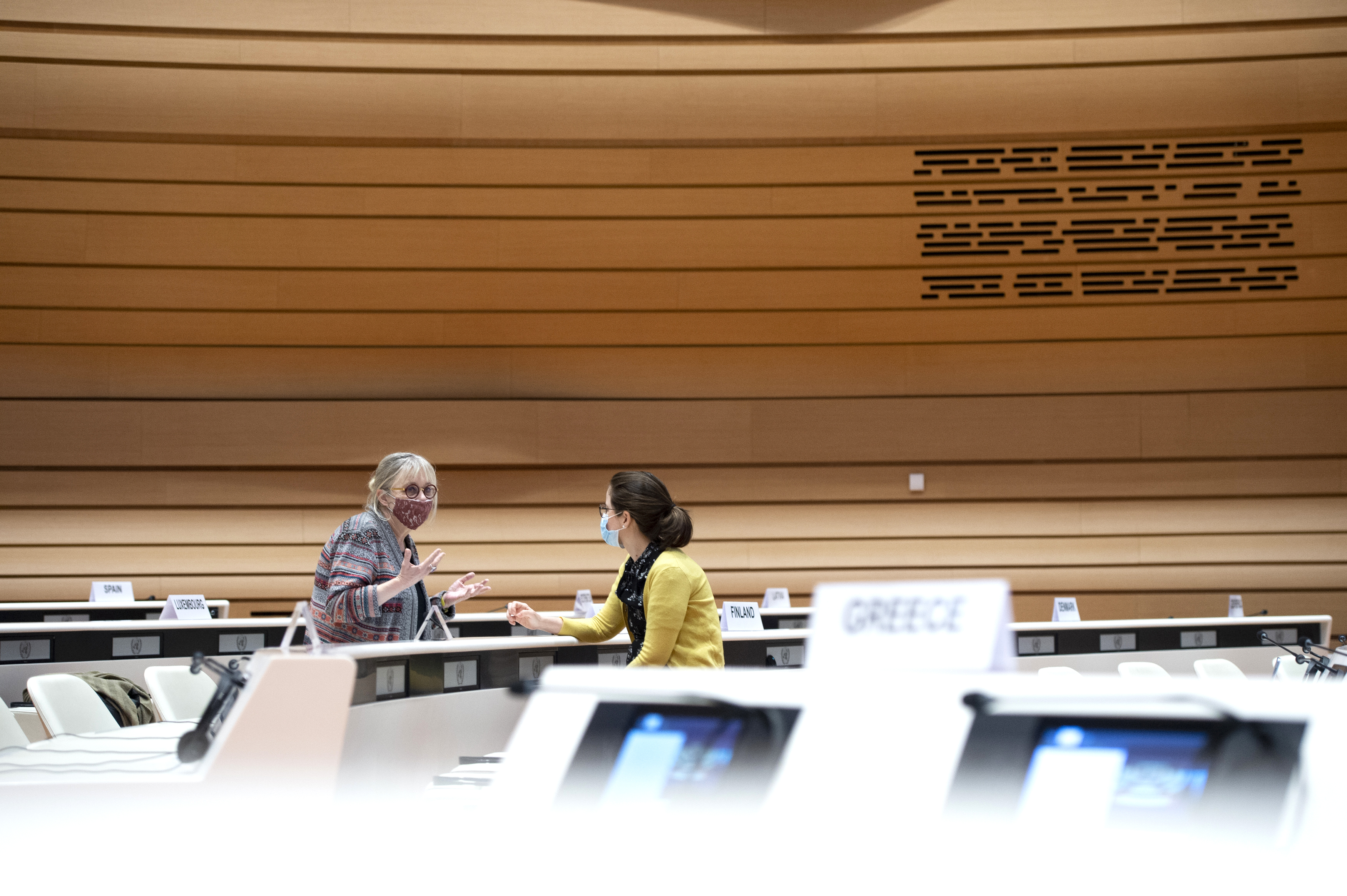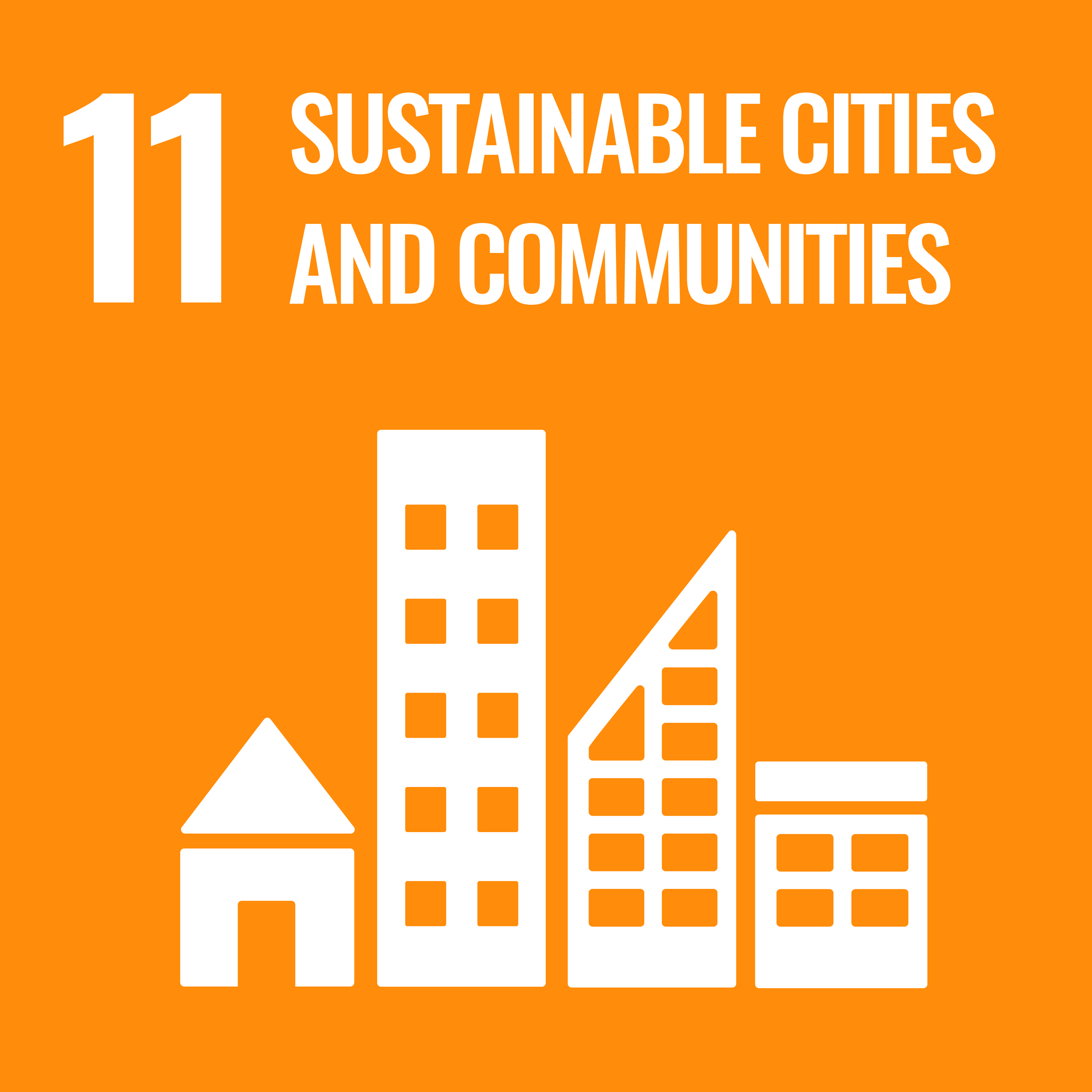Background
Communities discriminated on the basis of work and descent such as Roma and member from diaspora communities (including the Dalits, Haratin and Buraku) are often marginalized and excluded from public social, cultural activities and are frequently denied housing, education and other basic services.
The event focused on SDG 11 (Sustainable Cities and Communities) and also explore the linkages to SDG 8 (Decent Work and Economic Growth), 7 (Affordable and Clean Energy), 6 (Clean Water and Sanitation) and 5 (Gender Equality) and aimed to highlight the interconnectedness and offer comprehensive solutions and ideas.
Sustainable cities and communities require the fulfilment of basic services such as housing, education and work for the most vulnerable. In addition, it requires a functioning social contract of mutual respect and a recognition of the unique needs of all individuals. Housing shortages and high prices push Roma and other CDWD to the margins of many cities and force menial professions to be performed related to waste, or hard manual labour or menial clearing tasks.
Creating sustainable cities and communities that are inclusive of CDWD requires a comprehensive approach that addresses discrimination, promotes inclusive urban planning, ensures access to basic services, fosters economic empowerment, and encourages cultural preservation.
The Inclusivity Project (TIP); European Roma Grassroots Organisation Network (ERGO); Global Forum of Communities Discriminated on Work and Descent (GFoD



